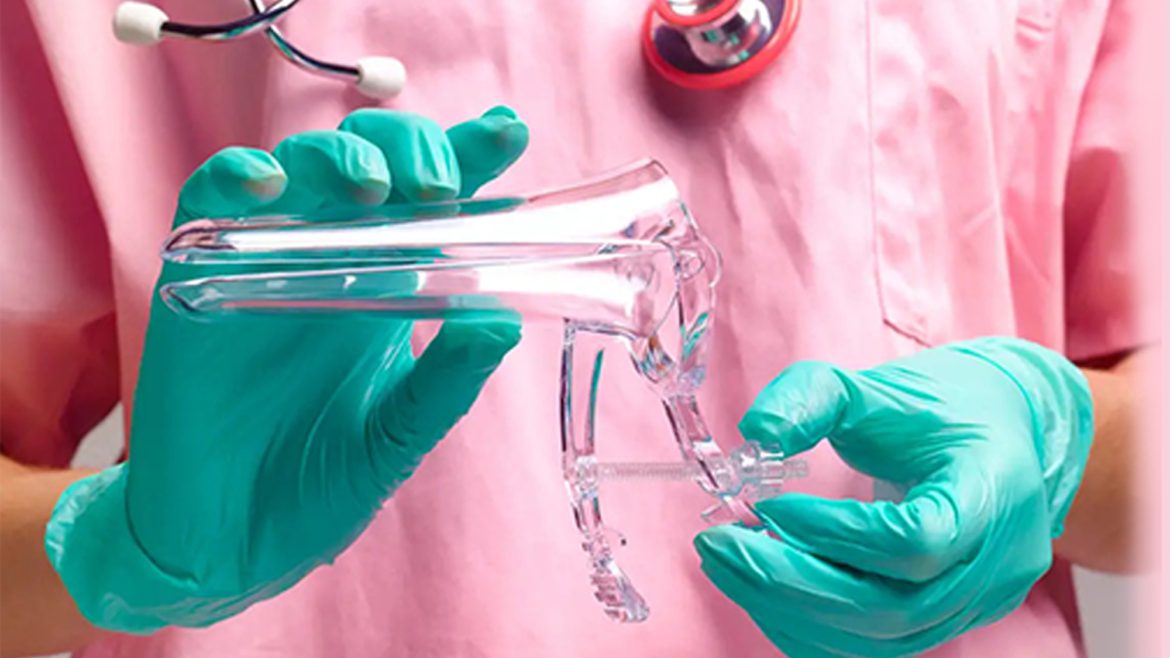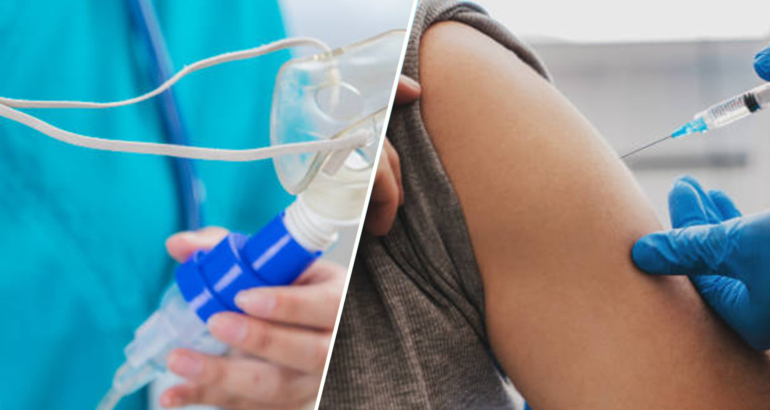Paps Smear
Pap test, also called a Pap smear, is a routine screening test for early diagnosis of cervical cancer. Dr.Garg has been doing routine paps smear on all her female patients since past 12+ years .
What happens during a Paps Smear or HPV test?
For both types of tests, your doctor will need to take cells from the surface of your cervix. To do this, they will gently insert a device called a “speculum” into your vagina so the doctor can see the cervix. Then, they will use a small spatula or brush to lightly scrape cells from the surface of your cervix. This might be a little uncomfortable, but usually does not hurt.
When should I start being screened for cervical cancer?
Most experts recommend that you start having Pap tests when you turn 21.
You should start getting Pap tests at the recommended age, whether or not you have ever been sexually active. Also, you do not need to start cervical cancer screening before age 21, even if you became sexually active at a younger age.
What should I do to prepare for a Paps Smear or HPV test?
You do not need to do anything special to prepare. People sometimes hear that they should not have sex or put anything in their vagina for 2 days before a Pap test, but it turns out that is not necessary. Pap tests work fine even if you have had sex recently.
Your doctor might recommend scheduling your test when you do not expect to have your period.
How often should I be screened for cervical cancer?
- That depends on how old you are and what the results of your past Pap tests have been.
- If you are age 21 to 29, you should have a Pap test every 3 years
- If you are age 30 or older, you can have a Pap test every 3 years. The other options are having an HPV test every 5 years or a combination Pap and HPV test every 5 years.
- If you are age 65 or older, you can stop having Pap tests if:
- You had Pap tests done regularly until you turned 65.
- You had 3 normal Pap tests in a row, or 2 normal combination Pap and HPV tests over the past 10 years (with the most recent test within the past 5 years)
You might also get a Pap test for reasons other than cervical cancer screening. For example, if you have abnormal vaginal bleeding, your doctor might do a Pap test to try to figure out the cause.
Do I need to be screened for cervical cancer if I had a hysterectomy?
After a hysterectomy, you probably do not need screening if:
- Your cervix was removed along with your uterus, and
- You did not have cervical cancer or precancer (sometimes called “dysplasia”)
Do I need to get screening tests if I had the HPV vaccine?
Yes. Getting the HPV vaccine lowers your chances of getting cervical cancer. But it does not completely protect you. You should still be screened for cancer or precancer.
What if I have an abnormal Paps Smear test result?
First, you should know that abnormal Pap tests are common, and most people with an abnormal Pap test do not have cancer. If your Pap test has cells that look “abnormal,” your doctor or nurse can do more tests to figure out what is causing this.
Follow-up tests might include:
- An HPV test – If you haven’t already had an HPV test, your doctor might order one
- Another Pap test in 12 months – Sometimes, if you wait a year and have another Pap test, you could find that the abnormal cells are back to normal. You might also have an HPV test at the same time.
- A colposcopy – For this test, the doctor or nurse will use a speculum to look at your cervix, just like during a Pap test. But they will look more closely using a device that looks like a microscope. It allows the doctor or nurse to see the cervix in more detail. During this test, the doctor or nurse might also take tiny samples of tissue from the cervix. This is called a “biopsy.” Tissue from the biopsy can go to the lab and be checked for anything abnormal.
If it turns out that you have cervical cancer or precancer, there are effective treatments available. If your condition was found early, there is a good chance you can be cured.


What all primary care services do you provide?
We provide sick visit, annual physical, weight loss services. We have very successful weight loss program with average weight loss of 3-5 pounds during weight loss phase. You can look at primary care services at this page and weight loss services as this page.
What all insurance do you take?
We take Cigna, Aetna, United Healthcare, Anthem Blue Cross, Blue Shield of California, Health Net, Hills Physician, and Medicare with commercial insurance as secondary. You can get the full list from this page.



